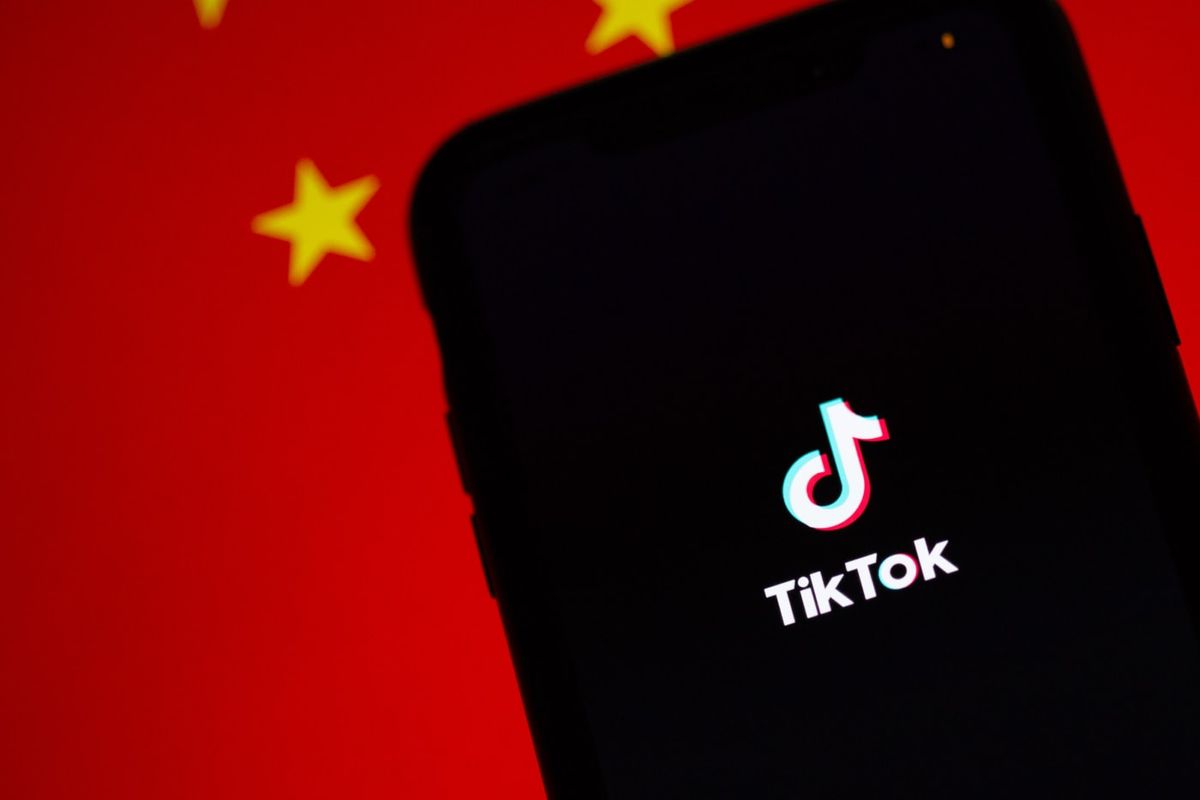
Earlier this month, Tencent Music (NYSE: TME) nixed its exclusive music deals to comply with an “antitrust” penalty from the Chinese government. Now, TikTok parent company ByteDance is reportedly preparing to launch a competing music streaming platform.
Beijing-based ByteDance reportedly intends to launch the music streaming app – tentatively called Feilo and referred to as Luna internally – in China sometime later this year, according to Google’s translation of a Mandarin-language report from 36Kr (NASDAQ: KRKR).
The concise report also notes that ByteDance’s streaming service will utilize a tried-and-proven algorithm from the outset in an effort to reach consumers, while the initially mentioned “invalidation of Tencent’s exclusive copyright may bring new opportunities” as ByteDance looks to “develop its domestic music business.”
Despite the reach of TikTok (known as Douyin in China) and the government order that ended most of Tencent Music’s exclusive deals, it’s unclear whether ByteDance’s rumored music streaming service will be able to develop a meaningful market presence out of the gate.
Tencent Music – which operates the QQ Music, Kugou Music, and Kuwo Music streaming services – boasted 66 million paid users as of Q2 2021, along with 623 million online-music mobile monthly active users (MAUs). Additionally, the order to give up exclusive music contracts has left in place certain deals with indie acts and labels, including a 30-day “exclusive release period for new songs.”
Especially as the Chinese music market continues to grow, it’s possible that the temporary availability of some new tracks solely on Tencent Music services could remain a major selling point for fans. Also worth noting is that the streaming service of Hangzhou-headquartered NetEase (NASDAQ: NTES), Cloud Village, shelved plans for a $1 billion IPO in Hong Kong last month, amid the Chinese government’s crackdown on tech companies. ByteDance, on the other hand, is reportedly considering moving forward with its IPO plans next year.
On the penalty front, Alibaba in April was slapped with a $2.8 billion “antitrust” fine, whereas internet- and AI-focused Baidu (NASDAQ: BIDU) was issued a comparatively minor $77,000 or so charge in March “for having made acquisitions without notifying authorities.”
A joint venture formerly backed by ByteDance – not the company itself – was likewise made to pay $77,000 for the purported infraction. Amid this conspicuous absence of external scrutiny for ByteDance proper, a “Chinese government fund” one month ago bought “a small stake in a domestic operating unit of ByteDance,” according to Nikkei Asia, besides taking a position on the operating unit’s board.
TikTok – which has reportedly surpassed YouTube in average watch time per user in the US and the UK – remains the subject of far-reaching security and privacy criticism. U.S. lawmakers have launched an inquiry into the app’s expanded biometric data collections, for instance, while the Ireland Data Protection Commission recently unveiled a separate investigation into the app’s data-transfer policies.

